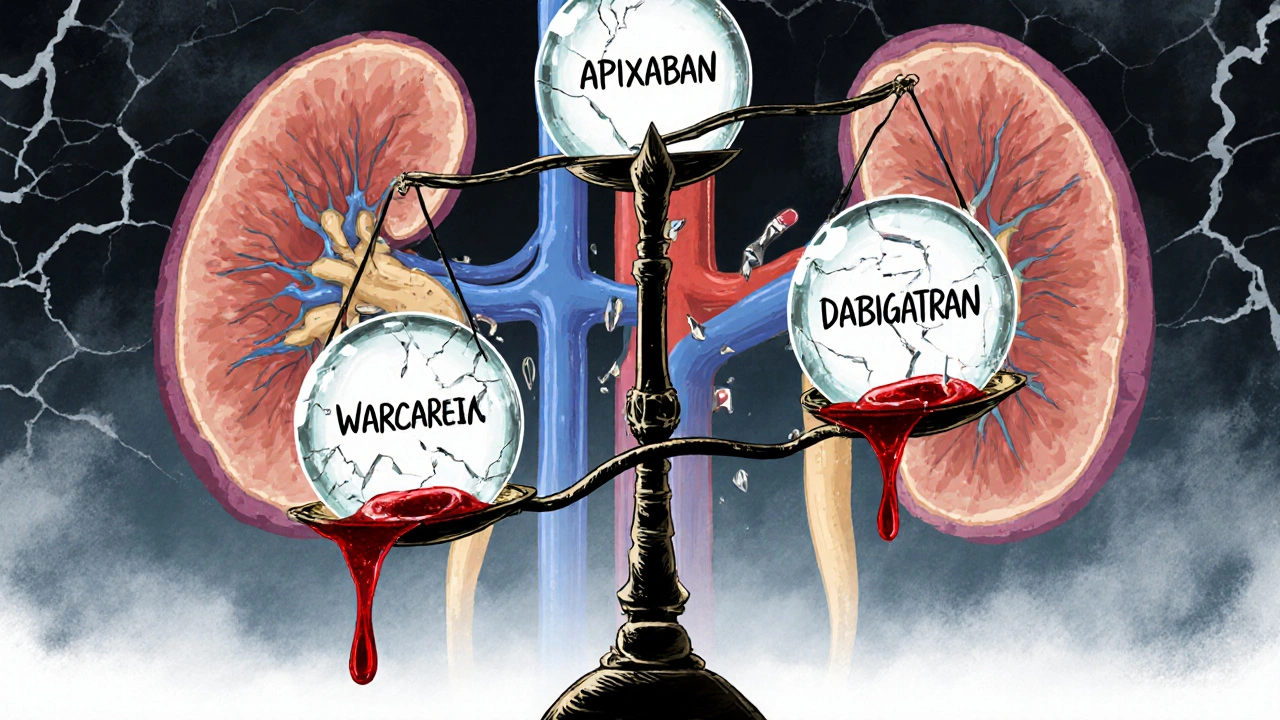Kidney Disease: Causes, Symptoms, and How Medications Affect Your Kidneys
When your kidney disease, a condition where the kidneys lose their ability to filter waste and fluid from the blood. Also known as chronic kidney disease, it often progresses slowly, and many people don’t notice symptoms until it’s advanced. Your kidneys don’t just make urine—they regulate blood pressure, balance electrolytes, produce red blood cell stimulants, and activate vitamin D. When they start failing, everything else in your body feels the ripple effect.
Many common medications can quietly harm your kidneys over time. NSAIDs, like ibuprofen or naproxen, reduce blood flow to the kidneys and can trigger acute injury, especially in older adults or those with existing kidney issues. Even some blood pressure drugs, if not monitored, can worsen kidney function instead of helping. And if you’re on long-term antibiotics, diuretics, or chemotherapy drugs like cyclophosphamide, a chemo agent known to cause kidney toxicity and bladder damage., your kidneys are working overtime to clear the toxins. That’s why knowing your kidney numbers—like creatinine and eGFR—isn’t optional. It’s essential.
What do the symptoms actually look like? It’s not always swelling or fatigue. Sometimes it’s just trouble sleeping, constant itching, or feeling off after eating protein-rich meals. High blood pressure and diabetes are the top two causes, but even repeated urinary infections or long-term use of certain painkillers can lead to damage. And once kidney function drops below 30%, you’re looking at possible dialysis or transplant down the line—unless you catch it early.
The posts here cover exactly what you need to know: how certain drugs affect your kidneys, what alternatives exist, how to spot warning signs before it’s too late, and how to manage other conditions—like high blood pressure or diabetes—without putting extra strain on your kidneys. You’ll find real comparisons between medications, tips for staying safe on long-term treatments, and insights from people who’ve been there. No fluff. Just what works.

Anticoagulation in Kidney and Liver Disease: What Doctors Really Do
Managing blood thinners in kidney and liver disease is complex. Apixaban is often the safest DOAC, while warfarin remains tricky due to unreliable INR. Real-world data guides decisions when trials don’t.